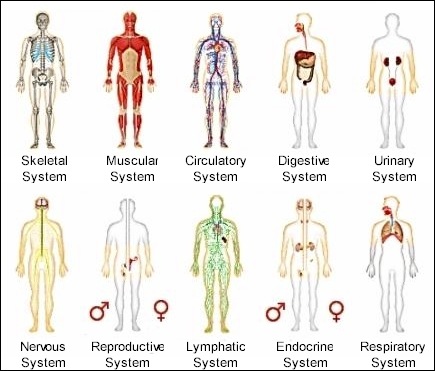Why use a "coach"?

People contemplating or involved in improvement of their health (nutrition and physical fitness are usually elements first to mind for many) are faced with many considerations. One of which is, "do I utilize a coach"? This question is the focus of this post. You will find that I often make "manufacturing", "business" or other interesting analogies because 1) its my nature and 2) usually they are things people can relate to and then appreciate the point better. When considering "should I use a Coach", this is not much dissimilar to manufacturing where consideration is given to "in-source" (do the work internally) or "outsource" (have the work done by someone else). There are pro's and con's to each. I won't highlight all the considerations which may only be business related, but will highlight those that are health related and business provides a good analogy. This in-source/outsource decision is analogous to ...


